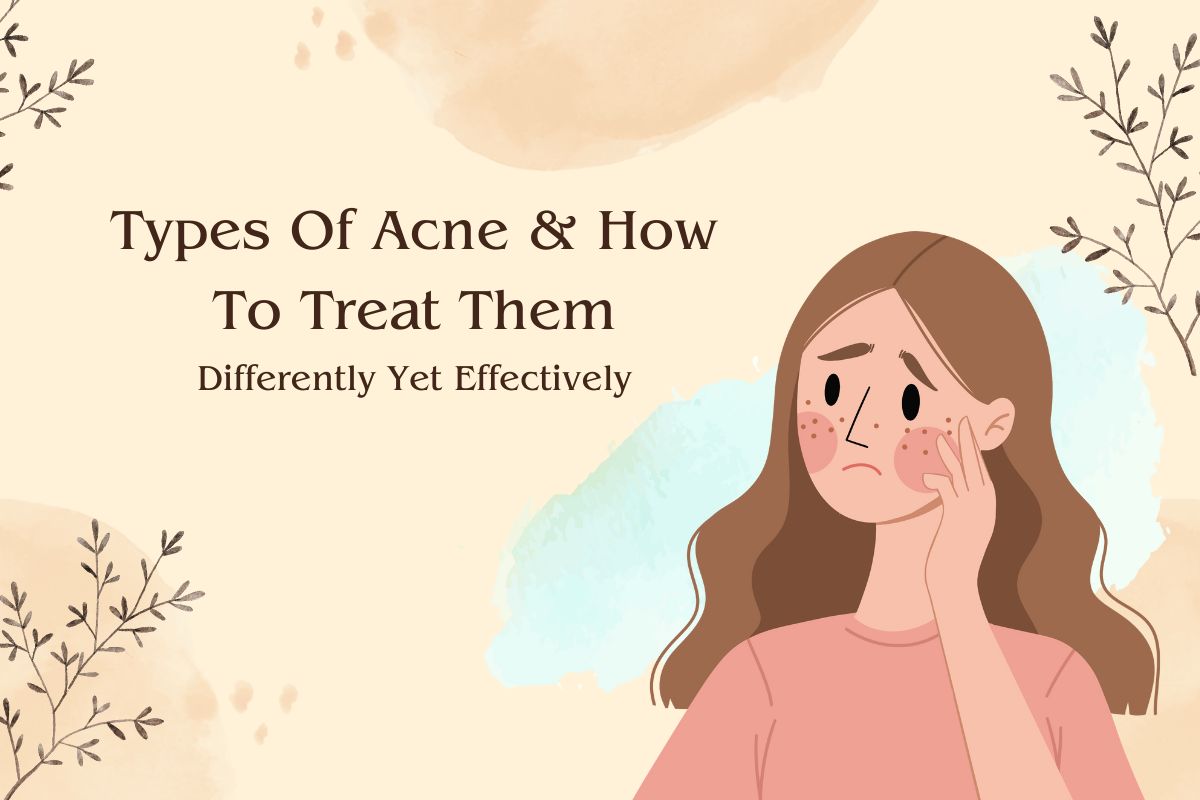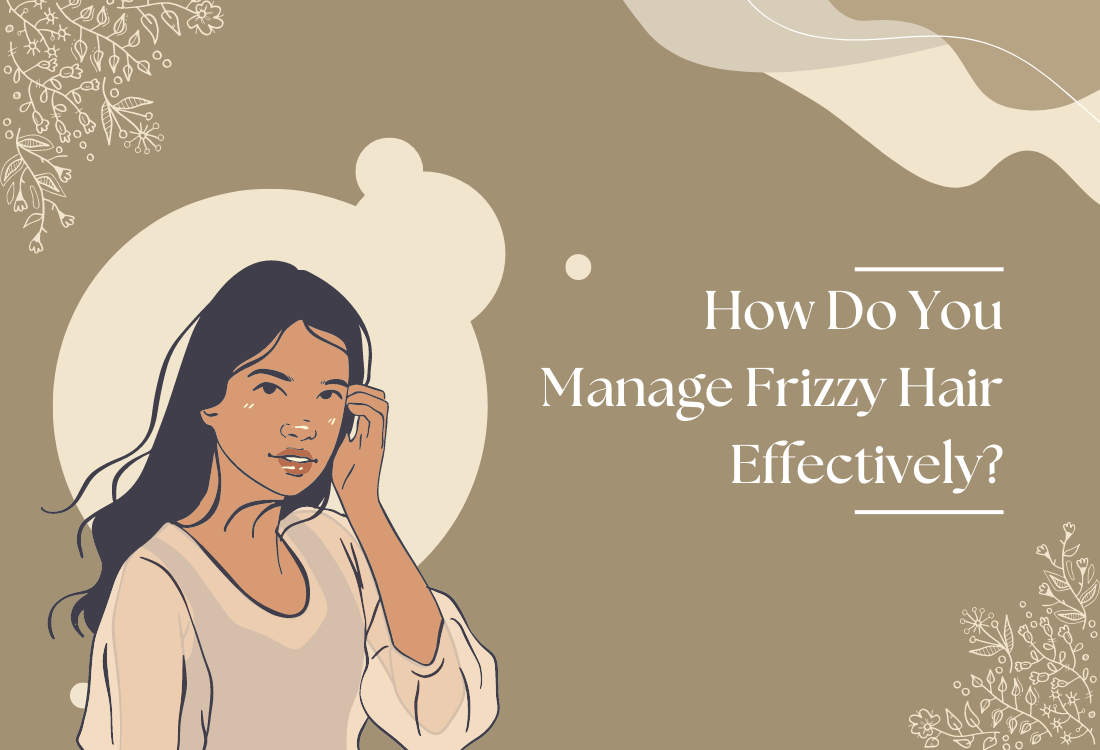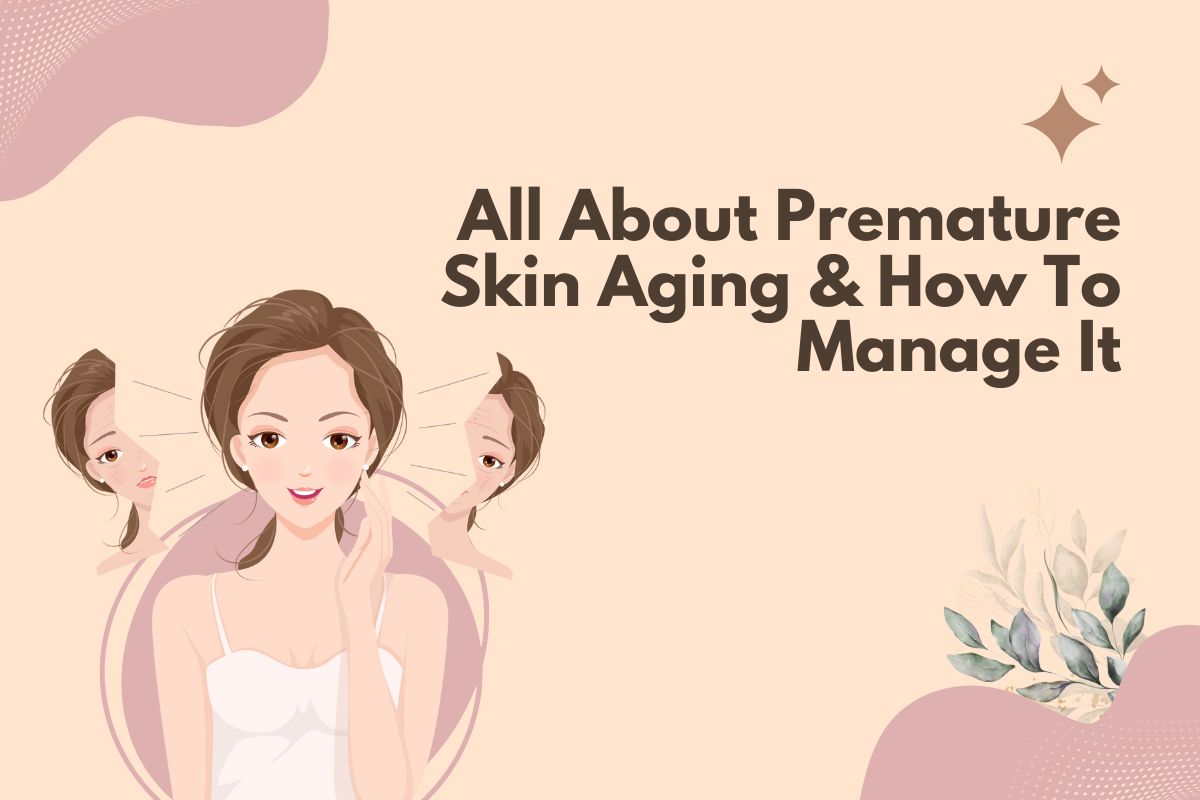Acne is very common but that doesn’t mean it is NORMAL. Acne, of any type, is your skin’s way of communicating that something needs to be taken care of. It could either be diet, lifestyle, or genetics. Acne Vulgaris, as we call them scientifically, is an umbrella term for a bunch of acne types like blackheads, whiteheads, papules, pustules, and nodulocystic acne. All these different types of Acne require different types of approaches when it comes to controlling and preventing them. Few skincare products like Exfoliating Face Wash and retinoids are more broad-acting when it comes to controlling acne.
Why Do I Get Acne?
The mechanism behind acne being formed is simply your pores getting clogged. Your pores can get clogged by debris of oil/excess sebum, bacteria, and dead skin cells. The cause of these unwanted events can vary. It could be triggered due to:
- Genetics
- Hormonal diseases like PCOS, Thyroid
- Certain Medicines
- Oral Contraceptive Pills
- Pregnancy
- Stress
- Polluted Environment
- Puberty
- Diet and Lifestyle
- Wearing tight-fitting clothes, headband/headgear/caps/helmets
Types of Acne:
How do you identify what type of Acne you have to treat them further? Well, Acne can be categorized into two major types:
Inflammatory & Non-inflammatory
Non-inflammatory acne can be called Comedones. Blackheads and Whiteheads are the most common types of lesions that appear due to the clogging of hair follicles and pores.
Blackheads AKA Open Comedones open at the surface of your skin and result from the pore-clogging, as the name suggests they appear to be black.
Whiteheads AKA Closed Comedones are raised bumps that are closed at the surface of the skin and also result from clogged pores from opening.
Both of these types of comedones/non-inflammatory acne can be treated easily with over-the-counter products like an exfoliating face wash and salicylic acid cleanser. If they persist even after the persistent use of molecules like Salicylic Acid, or other exfoliating face wash, it is best to switch to a more potent molecule that efficiently and effectively manages the comedones, the Retinoids. Retinoids are readily available as an OTC product.
Inflammatory Acne is more likely to cause scarring on your skin and is usually red and swollen which might be painful too. They are majorly caused due to excess sebum production and accumulation of dead skin layer, it is important to notice that bacteria also contribute significantly when it comes to inflammatory acne.
How do I Identify The Type of Acne:
Papules: Comedones when become inflamed and have a distinct red/purple color, often painful if touched even in the slightest, may lead to scarring or hyperpigmentation are called Papules.
Pustules: They appear like whiteheads with a reddish ring around their periphery, it is puss-filled and is sensitive to touch. It is usually bacterial or hormonal and the treatment requires topical antibiotics and retinoids in mild cases and a systemic approach of the same molecules when it's severe strictly under the supervision of a medical professional.
Nodules: Nodules are firm, large, inflamed, and seated deep beneath the epidermis. It is painful and does cause scarring. Given the severity, it is important to acknowledge that they cannot be managed by OTC products. Switching to prescription drugs under your dermatologist’s supervision can do wonders in controlling and managing them.
Cysts: Large, painful, pus-filled acne that goes deeper than the nodules in your dermal layers are called cysts. They happen for a multitude of reasons including bacterial infection, excess sebum, and accumulation of dead skin cells in the pores. Often, people with severe acne conditions develop nodulocystic acne(Grade 4) which is the most difficult form of acne to treat and needs patience, consistency, and regular medical attention to treat them effectively with systemic/oral treatment as topical treatments don’t help much in these conditions.
Acne Conglobata: A most severe form of acne that is characterized by the mesh of nodulocystic acne beneath your skin surface, more common in men as it is usually caused by the androgenic hormones (testosterone), and in women with PCOS. It needs a 4-6 month-long systemic treatment by your dermatologist to help you control such forms of acne effectively.
Acne Mechanica: Commonly called “sports-induced acne” it is caused by the pressure and friction against the skin by helmets or headgear. It can be prevented by wearing an absorbent material choosing breathable fabrics under sports gear and maintaining proper post-activity hygiene to avoid any further breakouts.
How Do I Find Out The Severity Level Of My Acne?
Mild Acne: The common blackheads and whiteheads are the mildest form of acne that can be cleared up with the use of simple OTC products.
Moderate Acne: Pustules and Papules are the moderate forms of acne that are slightly stubborn to get cleared up by topical OTC products and giving proper medical attention under medical supervision might help better.
Severe Acne: The cysts, nodules, and nodulocystic acne are the most severe forms of acne. It should be addressed only under the supervision of a dermatologist.

Ingredients To Treat Acne:
Benzoyl Peroxide:
Benzoyl Peroxide helps in reducing the inflammation very effectively for inflammatory acne when the severity of acne is rather mild. Severe acne conditions need a combination of molecules and it is advised to visit your dermatologist if they do not seem to be getting under control anytime soon.
It is important to acknowledge that Benzoyl Peroxide won’t be of help in non-inflammatory acne as it is an anti-inflammatory agent.
Salicylic Acid:
One of the most effective ingredients to help with acne has to be this acid from the Beta Hydroxy Group of Acids. The salicylic acid cleanser is a boon for oily and acne-prone individuals as it controls excess sebum production, checks on microbial growth, unclogs pores by penetrating deep in your pores, and breaks down dead skin cells thus bringing out rejuvenated, smooth skin. You can easily use it in the form of exfoliating face washes such as salicylic acid face serums three times a week or salicylic acid face masks twice a week.
Adapalene:
It is an FDA-approved Retinoid that helps effectively to get rid of both inflammatory acne and non-inflammatory acne. Topical application of this in the nighttime helps manage and prevent mild to moderate acne conditions.
Retinoids:
Retinoids are the most effective sort of molecule and can be administered both topically and orally depending on the severity of the acne strictly under the supervision of a registered dermatologist.
Antibiotics:
Your dermatologist may also prescribe you both oral and topical antibiotics in order to control the incidence of bacterial acne.
Hopefully, you are now well-informed about the causes, types, severity, and treatment of acne. It is important to acknowledge that you need to be attentive to your skin's needs if you want to get rid of the acne, it can be managed and controlled with the right products, and the right skincare routine that is designed in accordance with the acne condition like an exfoliating face wash, a Non-Comedogenic Moisturizer, and preventative lifestyle practices like a healthy diet, ample hydration, and stress management could help control and manage acne in a long run.




Leave a comment
All comments are moderated before being published.
This site is protected by hCaptcha and the hCaptcha Privacy Policy and Terms of Service apply.